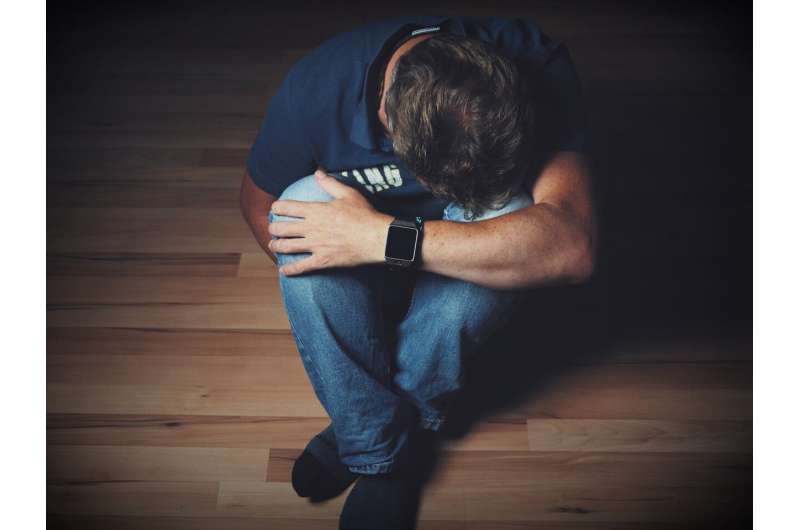Innovative LSD-Based Therapy Shows Promise for Treating Generalized Anxiety Disorder

Emerging research suggests that a novel LSD-based therapy could transform the treatment landscape for generalized anxiety disorder, offering new hope to millions suffering from severe symptoms resistant to conventional medications.
Generalized anxiety disorder (GAD) affects approximately 1 in 20 adults in the United States. Individuals with severe symptoms often withdraw socially, struggle to leave their homes, and face challenges in maintaining employment and relationships. Traditional medications, such as antidepressants like Zoloft and Paxil, aim to increase serotonin levels in the brain but often provide limited relief, with some patients experiencing only marginal symptom reduction.
Recent research led by UCSF neuroscientist Jennifer Mitchell, Ph.D., is exploring groundbreaking approaches using psychedelics to address mental health conditions like GAD. Notably, an experimental drug formulation of LSD, known as MM120, has demonstrated promising results in early trials. This therapy aims to promote neuroplasticity—the brain's ability to reorganize and form new connections—which may help in altering entrenched negative thought patterns characteristic of anxiety disorders.
In a recent phase of clinical research, about 200 participants with moderate-to-severe GAD received a single dose of MM120. Over a 12-week period, their symptoms significantly improved, with reductions of five to six points on the anxiety scale, surpassing placebo effects. These outcomes suggest that MM120 could potentially reclassify some cases of moderate GAD as mild, offering hope for more effective treatment options.
Participants in the studies were closely monitored, and side effects like hallucinations, visual distortions, nausea, and headaches were generally mild or moderate. Higher doses, which caused more pronounced side effects, were avoided since they did not yield additional benefits. Managing nausea involved dietary precautions and anti-nausea medications.
One of the main challenges is recruiting suitable candidates, especially those whose symptoms are disabling and who are reluctant or unable to leave their homes. Skilled clinicians conduct thorough screenings to establish trust, build rapport, and ensure participants are comfortable sharing their experiences.
This innovative approach underscores the potential of psychedelics, like LSD, when used responsibly within clinical settings, to revolutionize treatment for anxiety and other mental health conditions. More information about ongoing trials at UCSF and other sites is available through clinical trial registries.
Source: https://medicalxpress.com/news/2025-10-qa-therapy-calm-anxiety-millions.html
Stay Updated with Mia's Feed
Get the latest health & wellness insights delivered straight to your inbox.
Related Articles
Low Treatment Rates Among Depressed Adolescents Revealed in New Study
A new study reveals that less than half of adolescents with depression receive treatment in the US, with significant disparities among rural, gender, and racial groups, emphasizing the need for improved mental health access.
How Mindfulness Therapy Offers Hope for Treatment-Resistant Depression
Discover how mindfulness-based cognitive therapy (MBCT) provides an effective, affordable solution for individuals with treatment-resistant depression, filling a critical gap in mental health care.
Understanding Multitasking: A Blend of General and Specific Skills Revealed by New Research
Recent research from the University of Surrey reveals that multitasking is a blend of broad skills and specific abilities. Understanding this can improve training and help clarify gender differences in multitasking performance.



